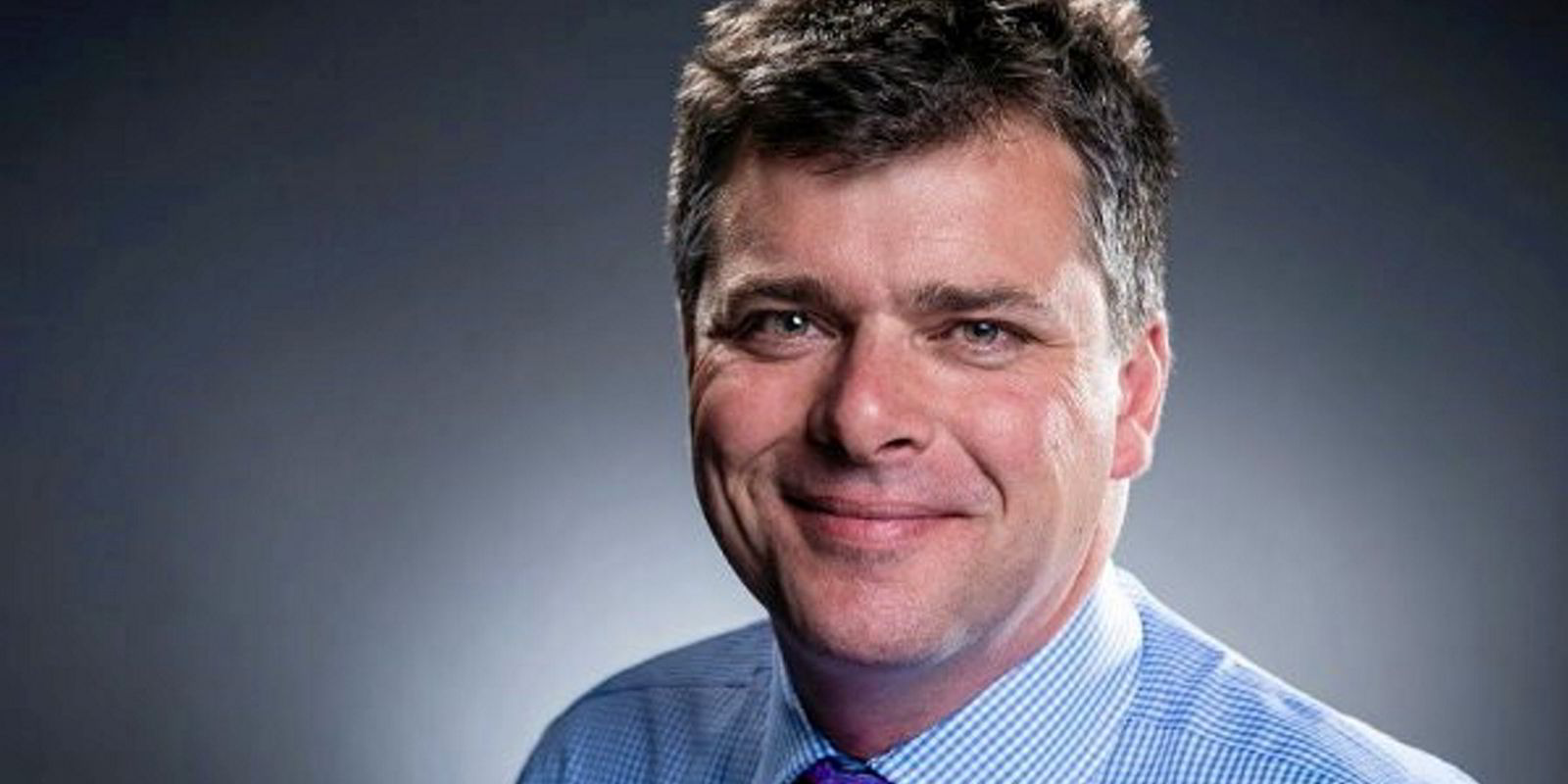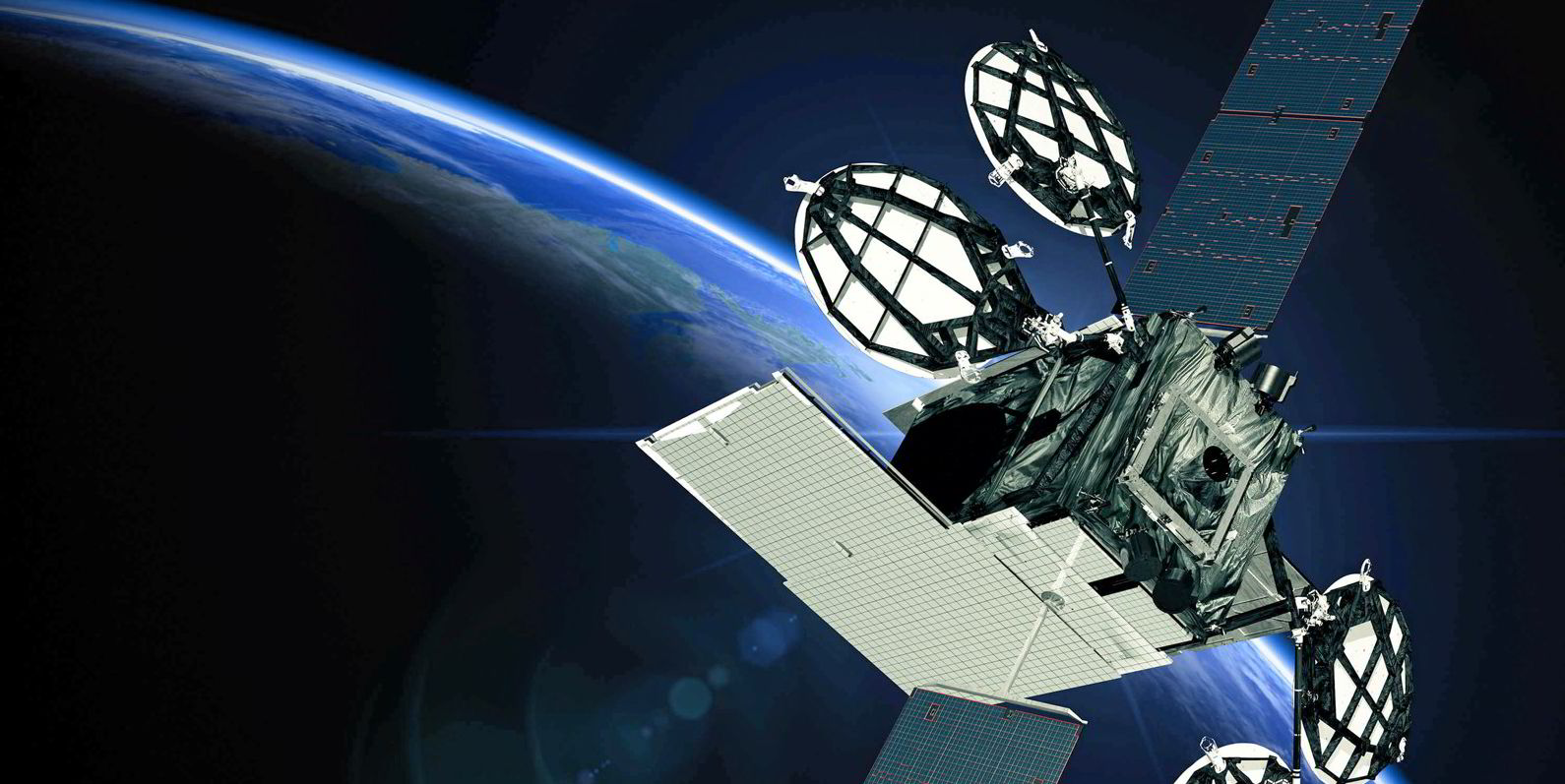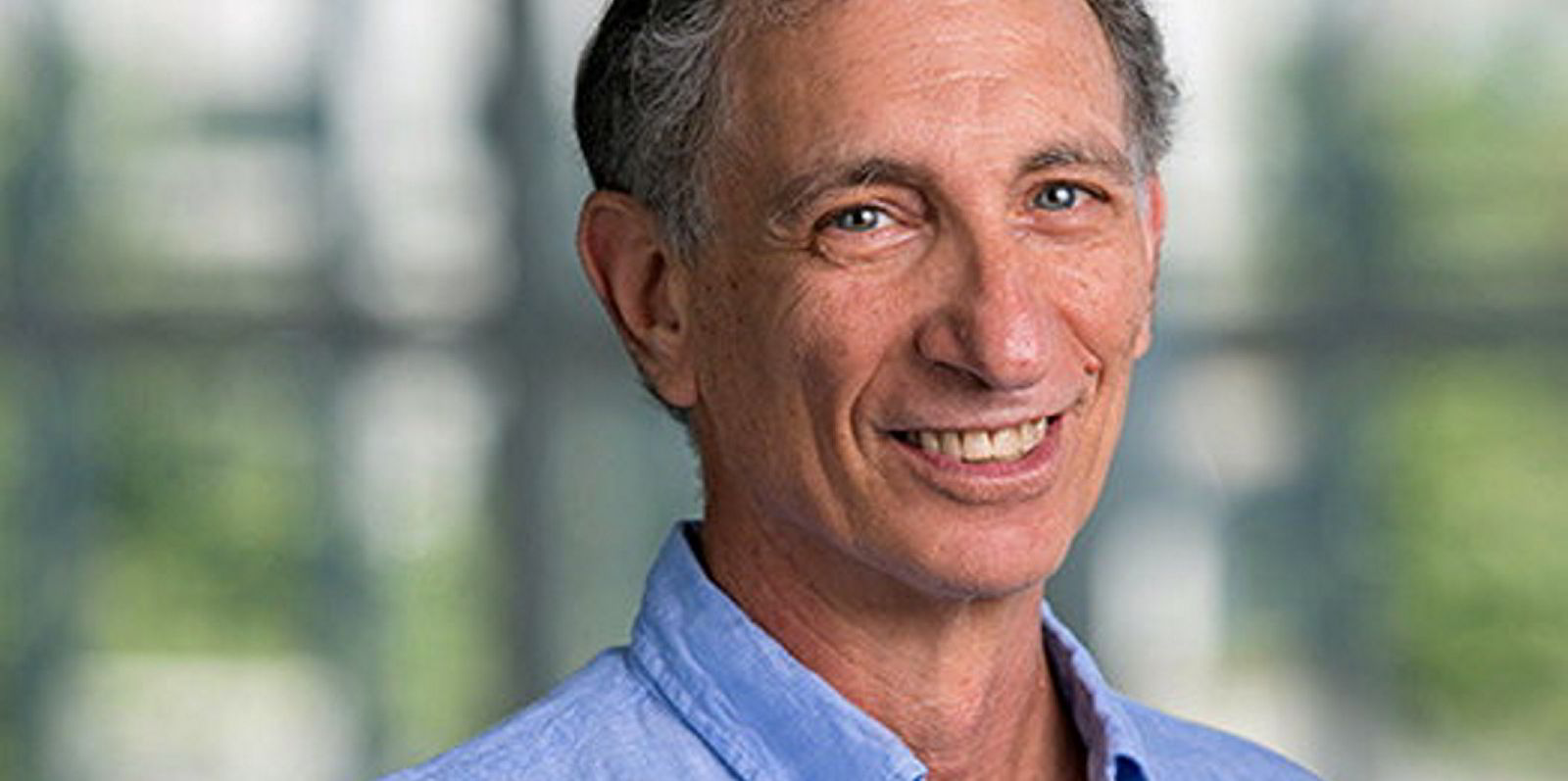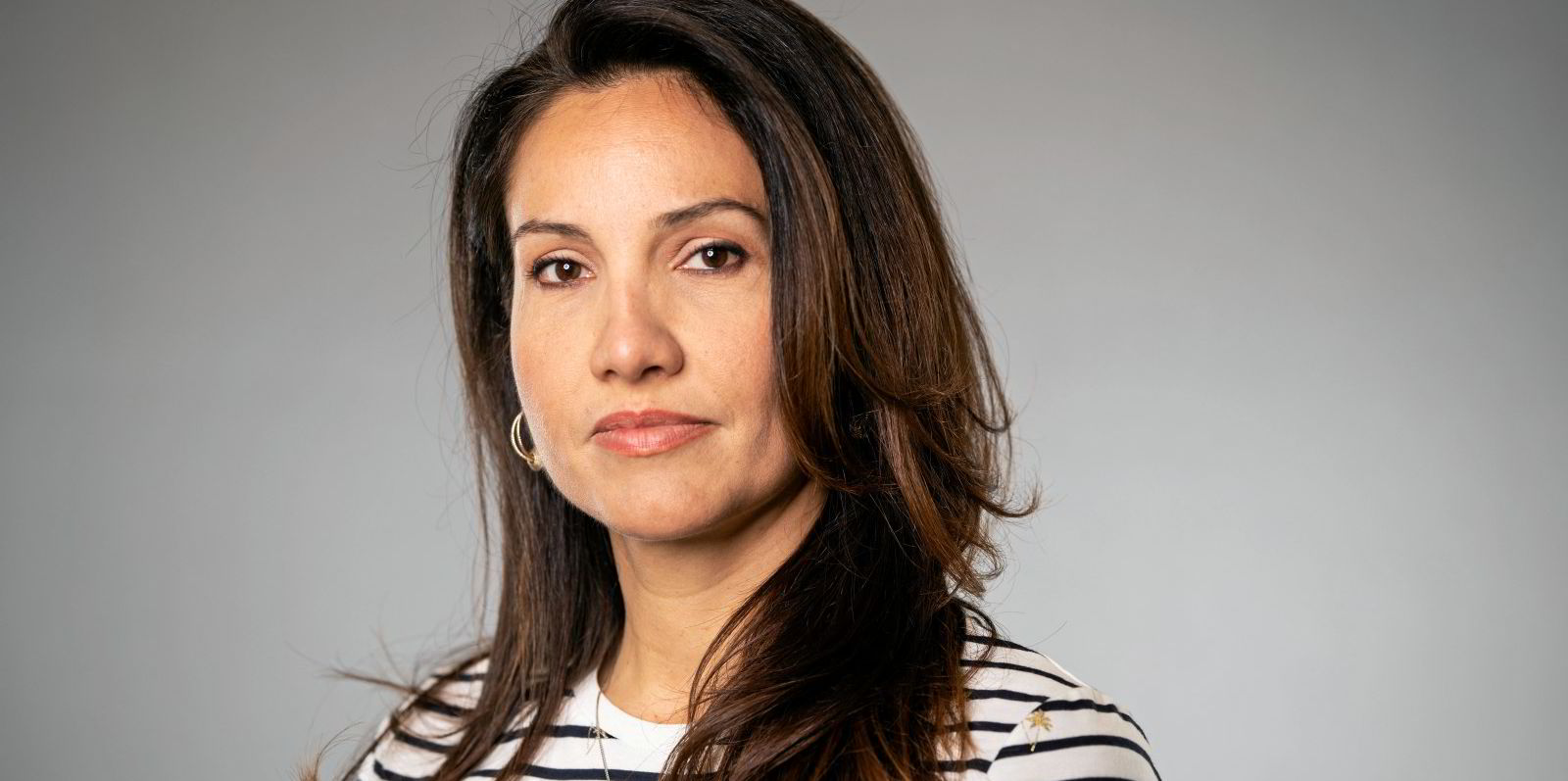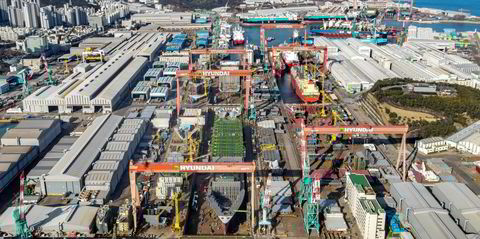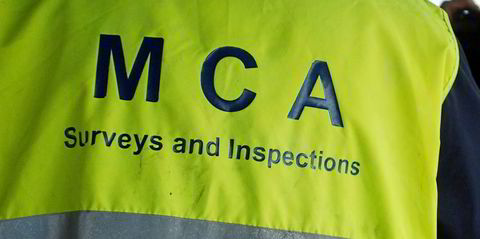Replacing longtime Inmarsat stalwart Ronald Spithout as president of its core maritime division has been something of a baptism of fire for Ben Palmer.
Not only did Palmer join Inmarsat on the day of its takeover by US satellite communications group Viasat was announced, but his first month included 10 days out after contracting Covid.
Nevertheless, the former head of Northrop Grumman Mission Systems in Europe whose initial career was as a civil servant at the UK's Ministry of Defence from 1994 to 2006, talked to TradeWinds on day 34.
"I am not a grizzled 30-year veteran of either the space, telecoms or maritime industries," Palmer readily admitted, but added: "I've collided with or knocked around in all three at various stages in my career" which has also included working at BAE Systems.
"My time in government was spent being given hard problems to solve — whether they were of the policy planning or crisis management varieties," he said — a role he, to an extent, reprised at Northrop where he needed to take a "fresh eye" at turning round a struggling business.
But Inmarsat, by Palmer's own reckoning, is not struggling. It has a great brand, products and talented workforce, he said.

So why was Spithout replaced in October after having led the maritime unit since 2014 and this summer unveiling long-term plans to add terrestrial 5G mobile coverage and low earth orbit satellites to Inmarsat's network to create the broadband connectivity shipping will need in the future?
Palmer said he did not know Spithout and could not comment on how he would do things differently, but said Inmarsat, which was virtually a monopoly player for many years, is in an industry that needed consolidation and entering a period where the world is fast changing around it.
"All of that suggests we need to be responsive, we probably need to be more agile, we certainly need to be making sure our relationships with our customers are managed in the most effective way," he said, namechecking both users of its services and suppliers to it.
Viasat's takeover of Inmarsat fits the picture Palmer paints, particularly over consolidation. From the US group's perspective, it provides "very high amounts of coverage over the land areas where most of the demand is" and where it believes it will need more bandwidth, according to chairman and co-founder Mark Dankberg when explaining the deal's rationale to analysts.
The aim is to integrate the two companies to create a global hybrid high-capacity network with a more diverse revenue base after closing the deal in the second half of 2022.
Palmer said: "Maritime is still a major and core part of Inmarsat and will continue to be so," and added: "Until it [the deal] is done, it is not done. Our focus is business as usual — we cannot allow ourselves to be distracted by what is going on above us."
The merger is complimentary for maritime, he added and does not give him any anxiety.
"Personally, I think it is exciting. I like being in environments which are changing, where there is a degree of ambiguity and uncertainty."
When the time comes to work on integration, he added: "My hunch is that we will find there is quite a lot of interesting thinking we can do to join ourselves up and enhance our value proposition globally."
It is an opportunity to take the maritime business to a different level under supportive sponsors, he said. "My expectation is that we [maritime] will find ourselves playing a strong role as part of the combined company."
Palmer admitted he still has a lot to learn, but concluded that it can be harder to make the right decisions in a growth environment than a contracting one as "you have got more choices, more distractions and more things you could go and do which can look appealing.
"In a contracting market the choices are usually grimmer but often clearer — and so you get on with it."
However, he said of shipping and Inmarsat: "It's great to be back in the world of a market for which there is growing demand." Making the right hard choices "will be part of the discipline we try and bring to our decision making over the next months as we figure out where to place our bets".
